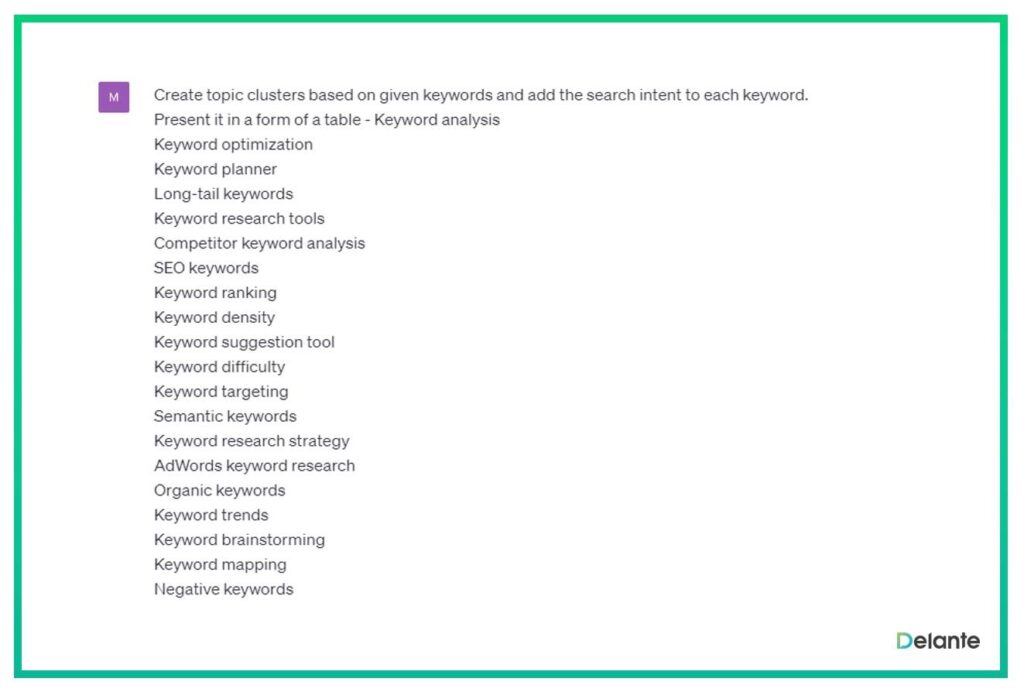Advancing Natural Resources Governance in Mozambique: A New African Development Bank Initiative
The African Development Bank Group (AfDB) is preparing to launch a comprehensive training program and policy dialogue aimed at strengthening natural resource governance in Mozambique. Despite the country’s vast mineral reserves, effective management remains a challenge that hampers sustainable development. This upcoming initiative seeks to equip government officials, civil society actors, and private sector stakeholders with the expertise needed to improve transparency, accountability, and long-term stewardship of Mozambique’s natural wealth.
As Mozambique endeavors to translate its resource potential into inclusive economic growth and social progress, this program represents a timely intervention designed to foster informed policymaking and enhance multi-sector collaboration. Backed by AfDB’s technical support, the dialogue will address existing governance shortcomings while laying the groundwork for a more resilient and equitable resource sector.
Building Capacity for Sustainable Resource Management
This targeted training will focus on critical areas essential for responsible resource governance:
- Sustainable Resource Utilization: Approaches that balance extraction with environmental preservation.
- Policy Formulation: Crafting effective frameworks that guide transparent decision-making processes.
- Inclusive Stakeholder Participation: Engaging local communities and indigenous groups in shaping resource policies.
The AfDB will also facilitate an interactive policy forum where participants from diverse sectors can exchange ideas on overcoming governance challenges. Key discussion themes include:
| Focus Area | Aim |
|---|---|
| Transparency Mechanisms | Cultivating accountability throughout the resource value chain. |
| Environmental Safeguards | Aligning exploitation activities with ecological sustainability goals. |
| Sustainable Investment Models | Luring ethical investors committed to long-term sector growth. |
Strengthening Dialogue to Drive Effective Policies and Sustainability Outcomes
The AfDB-led initiative emphasizes collaborative engagement among policymakers, industry experts, civil society representatives, and community leaders. By sharing successful case studies from across Africa-such as Botswana’s diamond revenue management model or Rwanda’s community forestry programs-participants will explore innovative strategies tailored for Mozambique’s context. Core topics include:
- Evidenced-Based Best Practices: Learning from proven approaches that have enhanced governance elsewhere on the continent.
- Sustainability Frameworks Aligned with Global Goals: Developing policies consistent with United Nations Sustainable Development Goals (SDGs), particularly SDG 12 (Responsible Consumption) and SDG 15 (Life on Land).
- Culturally Sensitive Stakeholder Engagement: Ensuring marginalized groups have meaningful input into decisions affecting their lands and livelihoods.
This multi-pronged approach aims not only at capacity building within Mozambican institutions but also at fostering cross-sector coordination necessary for integrated natural resources management practices aligned with international standards. Expected outcomes include strengthened legal frameworks governing resources; improved cooperation between government agencies, private enterprises, NGOs; as well as enhanced skills among local leaders through workshops focused on practical implementation techniques.
| Main Outcome | Description & Impact |
|---|---|
| Tightened Regulatory Policies | Create enforceable laws promoting sustainable extraction while curbing illicit activities such as illegal mining or logging prevalent in parts of Mozambique today.[1] |
| Diversified Stakeholder Partnerships | Cultivate trust-based relationships between public authorities, businesses committed to ESG principles, and grassroots organizations advocating community rights.[2] |

